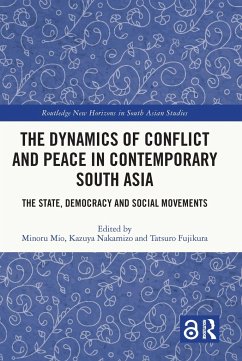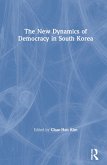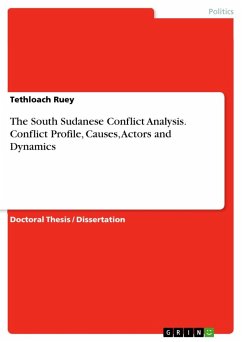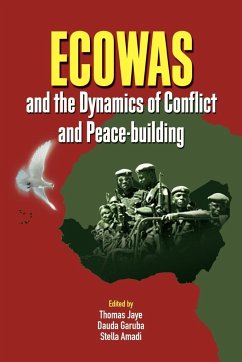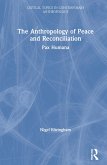This book engages with the concept, true value, and function of democracy in South Asia against the background of real social conditions for the promotion of peaceful development in the region. In the book, the issue of peaceful social development is defined as the conditions under which the maintenance of social order and social development is achieved - not by violent compulsion but through the negotiation of intentions or interests among members of society. The book assesses the issue of peaceful social development and demonstrates that the maintenance of such conditions for long periods is a necessary requirement for the political, economic, and cultural development of a society and state. Chapters argue that, through the post-colonial historical trajectory of South Asia, it has become commonly understood that democracy is the better, if not the best, political system and value for that purpose. Additionally, the book claims that, while democratization and the deepening of democracy have been broadly discussed in the region, the peace that democracy is supposed to promote has been in serious danger, especially in the 21st century. A timely survey and re-evaluation of democracy and peaceful development in South Asia, this book will be of interest to academics in the field of South Asian Studies, Peace and Conflict Studies and Asian Politics and Security.
Hinweis: Dieser Artikel kann nur an eine deutsche Lieferadresse ausgeliefert werden.
Hinweis: Dieser Artikel kann nur an eine deutsche Lieferadresse ausgeliefert werden.

